Why More Foreign Buyers Are Investing in Dubai Real Estate Right Now
Dubai, long known as the glittering jewel of the Middle East, continues to shine brighter on the global stage. With its futuristic skyline, zero income tax, and ever-evolving economy, the emirate remains a magnet for international property investors. Whether it’s a luxury villa in Palm Jumeirah or a more affordable apartment in Jumeirah Village Circle (JVC), the landscape of Dubai real estate is rich with possibilities.
Much of Dubai’s appeal lies in the way it balances cosmopolitan ambition with investor-friendly policies. Foreigners are lured not only by stunning architecture and lifestyle amenities, but also by the promise of long-term benefits. There’s no annual property tax, a rare advantage in global real estate markets. Investors also appreciate the stability of the UAE Dirham, which is pegged to the U.S. dollar—helping mitigate currency fluctuation risk.
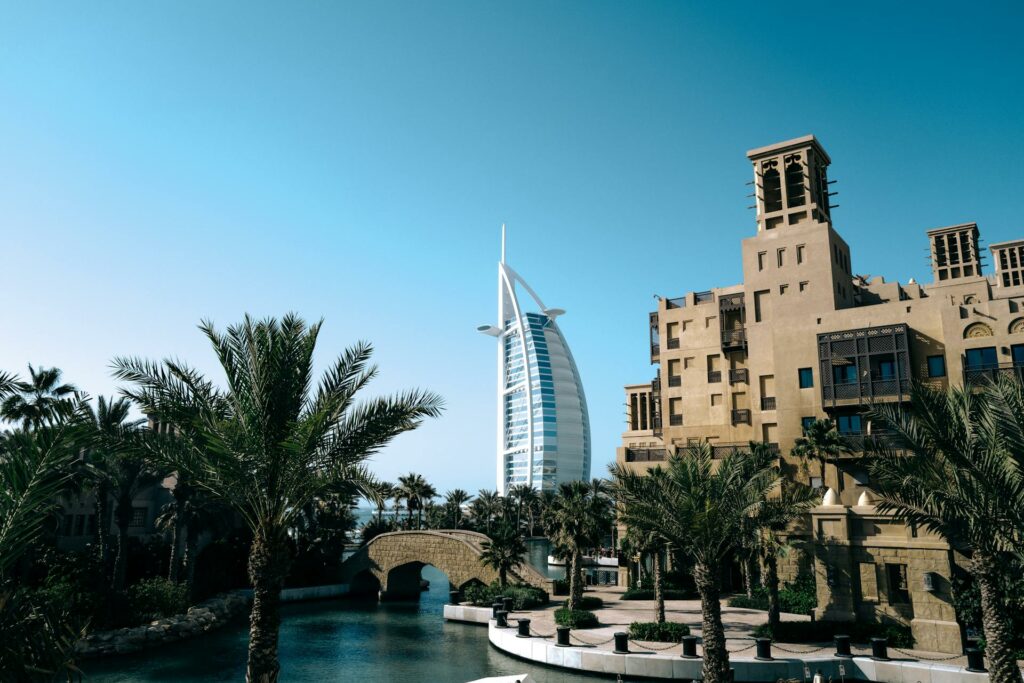
Additionally, buying property above a certain threshold can unlock a residency visa, giving non-citizens the right to live in Dubai for extended periods without needing an employment sponsor. And with Dubai’s booming tourism industry, owning a rental property here can offer strong returns—especially in sought-after neighborhoods where demand remains consistently high.
Opening the Doors to Foreign Ownership
Since 2002, Dubai has allowed foreigners to buy property in designated freehold zones. This means international investors can fully own, lease, or sell their properties with ease—an attractive feature for those seeking flexibility and autonomy.
Freehold zones include some of the most iconic areas in the city. Palm Jumeirah, with its waterfront villas and five-star beach clubs, remains a favorite among high-net-worth buyers. Downtown Dubai and Business Bay offer sleek apartments with unbeatable views of the Burj Khalifa, while areas like JVC and Dubai Hills Estate present more affordable entry points into the market—without compromising on quality of life. Those seeking suburban charm are also turning to communities like Arabian Ranches for their family-friendly appeal.
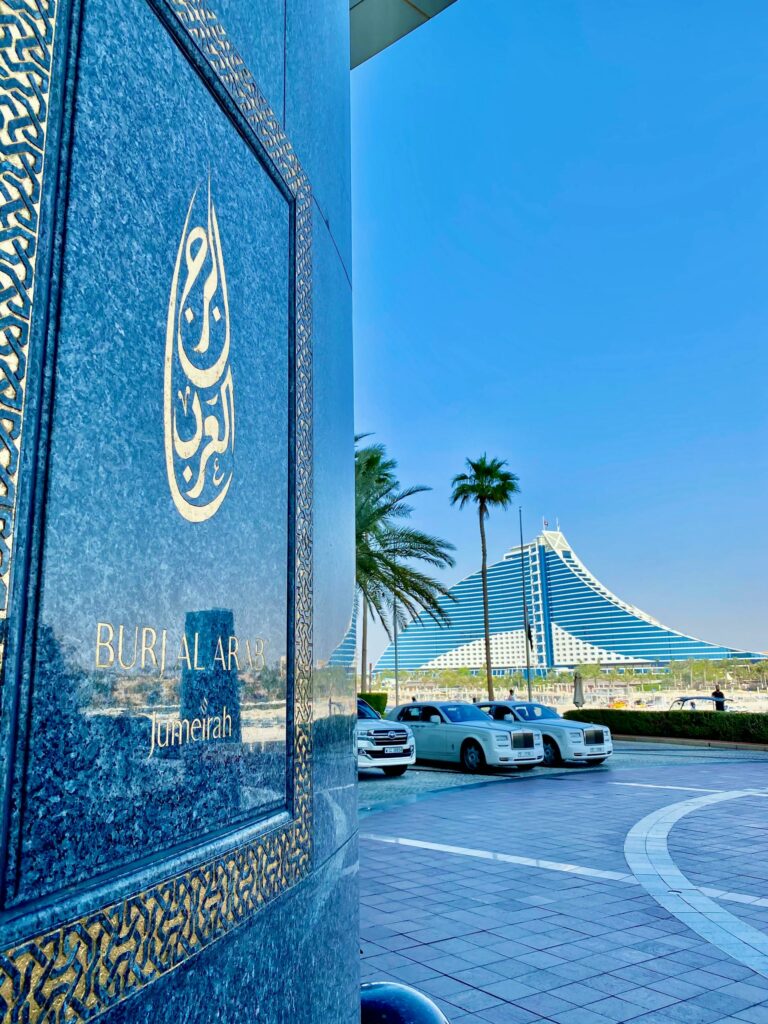
A Range of Homes for Every Buyer
When it comes to property types, the choices are diverse. High-rise apartments cater to professionals and investors seeking strong short-term rental yields. On the other end of the spectrum, luxury villas—especially those with private pools and beach access—remain in high demand among global elites. Townhouses offer a middle ground: more space than an apartment but with a price tag that’s still within reach for many. Meanwhile, off-plan properties—homes bought before construction is complete—often come with attractive pricing and flexible payment plans, appealing to savvy investors seeking long-term value.
Property prices, of course, vary widely. A studio apartment in JVC might start at just $90,000, while a one-bedroom in Dubai Marina could be priced from $180,000. At the top end, villas in Palm Jumeirah easily surpass the $3 million mark. These figures are subject to change depending on the developer and market trends, but the range ensures something for almost every budget.
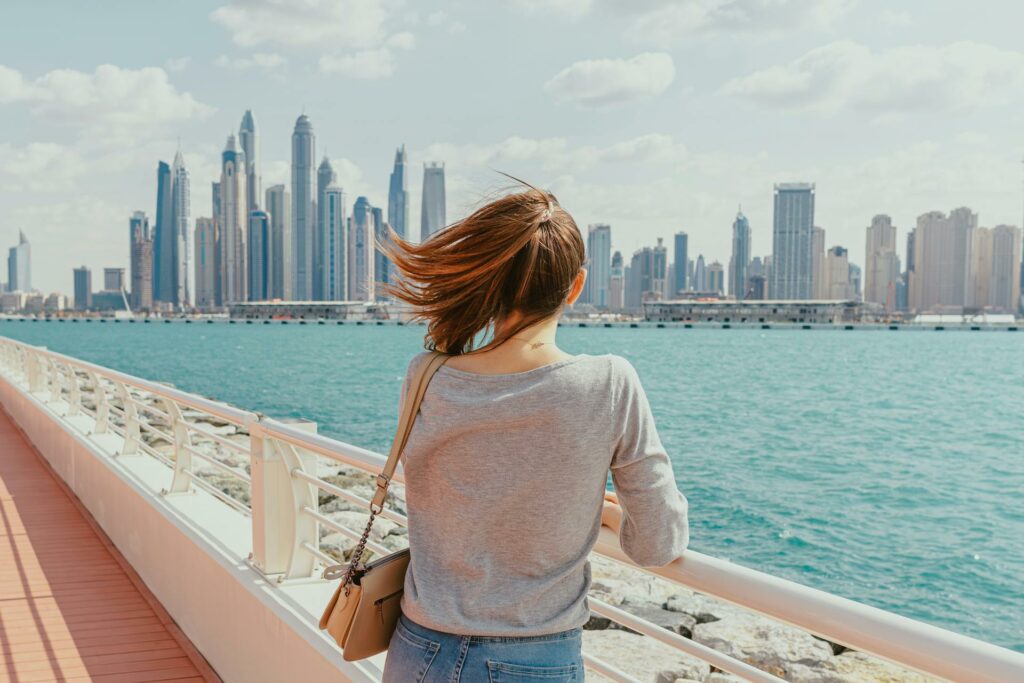
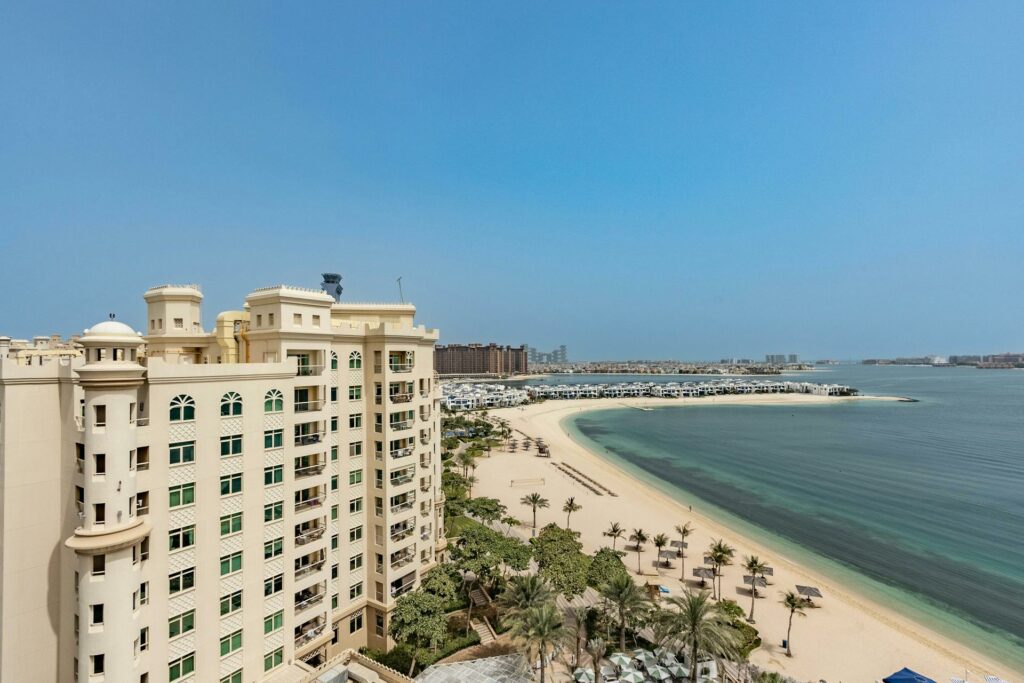
What the Buying Process Looks Like
The buying process in Dubai is remarkably transparent and well-regulated, especially when you work with a RERA-licensed agent. After selecting your desired property—either directly from a developer or via an agency—you’ll typically sign a Memorandum of Understanding (MoU) and place a 10% deposit. A No Objection Certificate (NOC) from the developer is then required before the official ownership transfer is completed at the Dubai Land Department.
Additional costs include a 4% Dubai Land Department fee, agent commission (usually around 2%), registration fees, and annual service charges for building maintenance. These service charges vary by area and are worth factoring into your annual budget.
Strong Rental Yields and a Booming Short-Term Market
Once the property is yours, you’re free to rent it out—and many buyers do. Dubai boasts some of the highest rental yields globally, ranging between 5% and 9%, depending on the property type and location. Short-term vacation rentals, especially in Downtown Dubai or the Marina, are thriving thanks to high tourist traffic and platforms like Airbnb.
Residency and the Golden Visa
There’s another major incentive for property buyers: the UAE Golden Visa. Those investing in real estate worth AED 2 million (approximately $545,000) or more may qualify for this 10-year renewable residency visa. It’s a gateway not only to long-term living in Dubai, but also to opportunities for family relocation and access to the local healthcare and education systems.
Emerging Hotspots to Watch
For those looking ahead, several up-and-coming districts deserve attention. Dubai South, home to the future Al Maktoum International Airport and Expo City, is a hub of future development. Meydan is evolving into a luxury destination in its own right, while Dubai Creek Harbour is being positioned as a future rival to Downtown Dubai. Areas like Mirdif Hills offer affordability and a more community-focused lifestyle, making them ideal for families and first-time investors.
Partner with a Trusted Name: Summer Homes
Navigating a foreign property market can be overwhelming, but that’s where a seasoned partner makes all the difference. At Summer Homes, we specialize in guiding international buyers through every step of the Dubai real estate journey. From personalized property recommendations to legal guidance and investment strategies, our multilingual team ensures a smooth and secure experience. Whether you’re looking for a penthouse in the heart of the city or a serene villa by the sea, we’re here to help you make a confident and informed decision.
Header Photo Credit: Diego F. Parra https://www.pexels.com/photo/burj-al-arab-in-dubai-15478194/






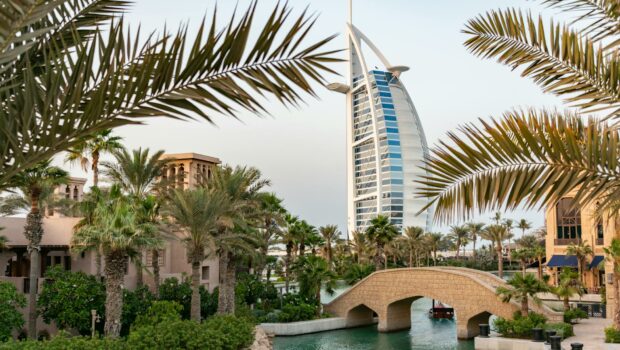



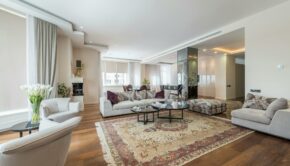





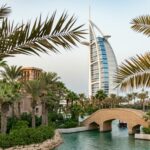




Very Informative Article And also Very Easy to understand. i hope you will keep posting this type of article. THANK…